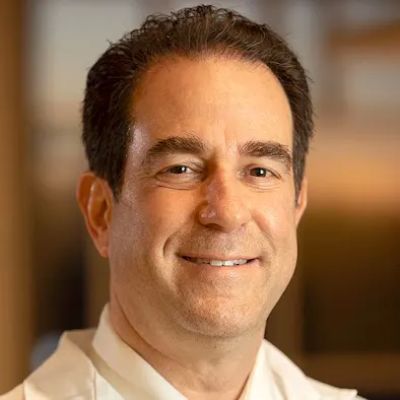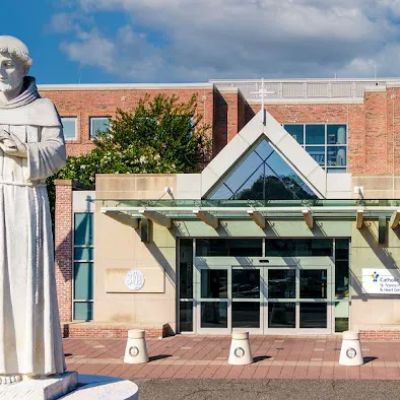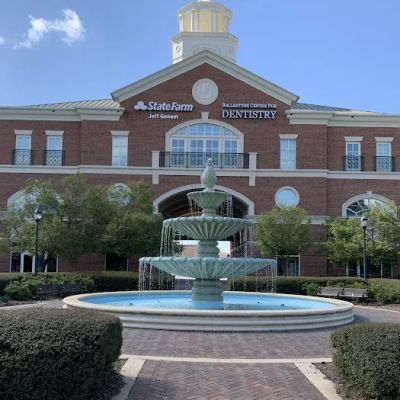Understanding LVADs and their role in heart failure
Living with an LVAD: Mechanical Support for a Failing Heart is a journey that blends advanced technology with personal resilience. A Left Ventricular Assist Device (LVAD) is a mechanical pump implanted in patients with severe heart failure. It helps circulate blood when the heart can no longer function effectively, either as a bridge to transplant or as a long-term solution.

How a mechanical heart device supports blood flow
1. The mechanics behind the LVAD
The LVAD draws blood from the left ventricle and pumps it into the aorta, ensuring that oxygen-rich blood reaches vital organs. While it does not replace the heart entirely, it significantly improves circulation and energy levels.
Atlanta Heart Specialists
atlanta heart specialists
4375 Johns Creek Pkwy #350, Suwanee, GA 30024, USA

2. Benefits to patients
Patients often experience reduced shortness of breath, increased mobility, and improved quality of life. Many report being able to perform daily activities that were impossible before the device was implanted.
Day-to-day life changes with an LVAD
Living with an LVAD means adjusting routines. Patients carry external components such as a controller and battery packs. Showering requires protective gear, and travel involves planning for extra equipment. Yet with proper education and support, these adjustments become manageable.
Real patient stories and experiences
One widely shared story involved a grandfather with advanced heart failure who received an LVAD at age 68. Within months, he could walk his granddaughter to school again, something doctors believed was impossible before the device. Such stories highlight not just survival, but restored moments of joy.
Common challenges and how to manage them
1. Risk of infection
The driveline site, where the device exits the body, requires careful cleaning and monitoring. Patients and caregivers must stay vigilant to prevent complications.
2. Emotional adjustment
Some patients initially feel overwhelmed by the equipment. Counseling, support groups, and connecting with other LVAD patients can help reduce stress and promote confidence.
The importance of medical support and follow-ups
Regular checkups ensure the LVAD is functioning correctly and that the patient’s health is stable. Cardiologists and LVAD coordinators work closely with patients to adjust medications and monitor long-term outcomes.
Where to find trusted resources and support
For families navigating the challenges of heart failure and mechanical support devices, HeartCare Hub provides educational resources, guidance, and access to professional services. Having a reliable partner makes the journey with an LVAD less intimidating and more empowering.





















Deborah Heart and Lung Center
deborah heart and lung center
200 Trenton Rd, Browns Mills, NJ 08015, USA